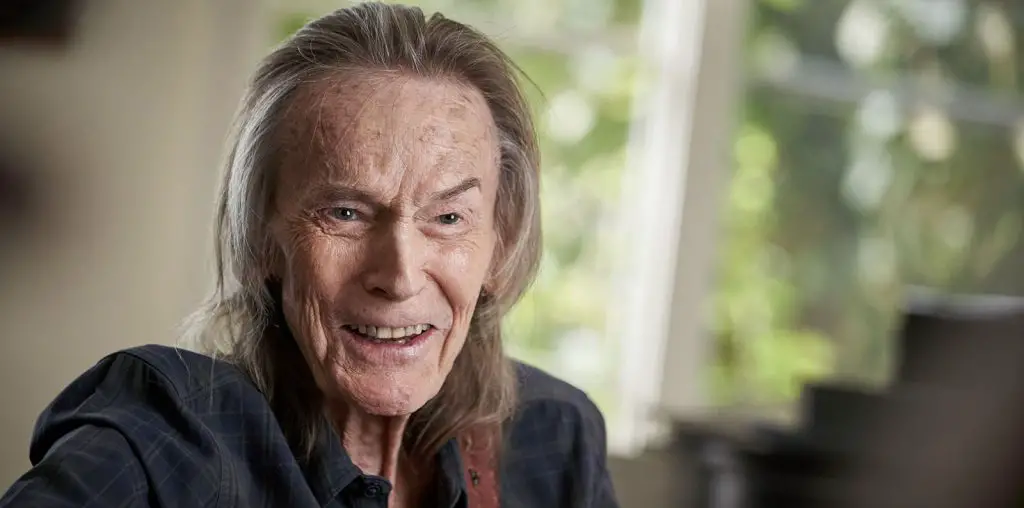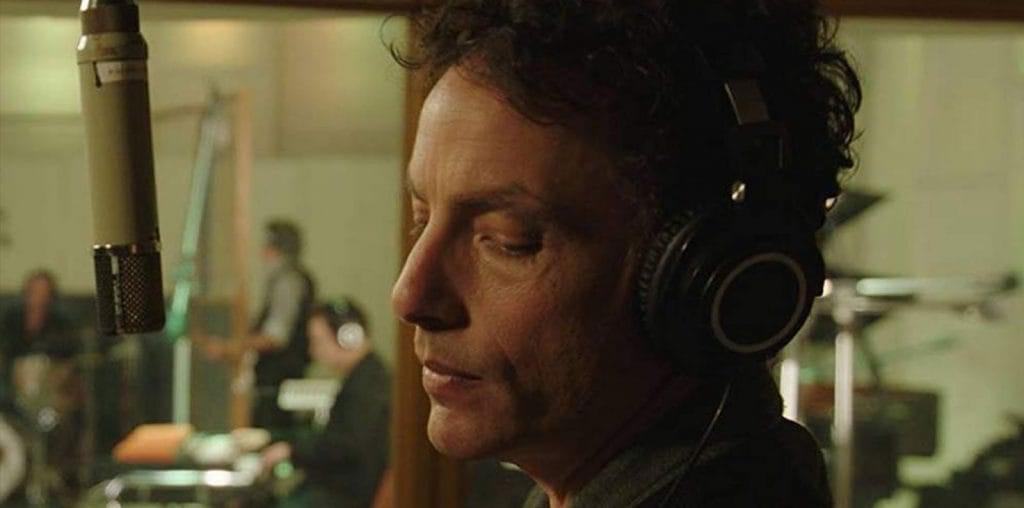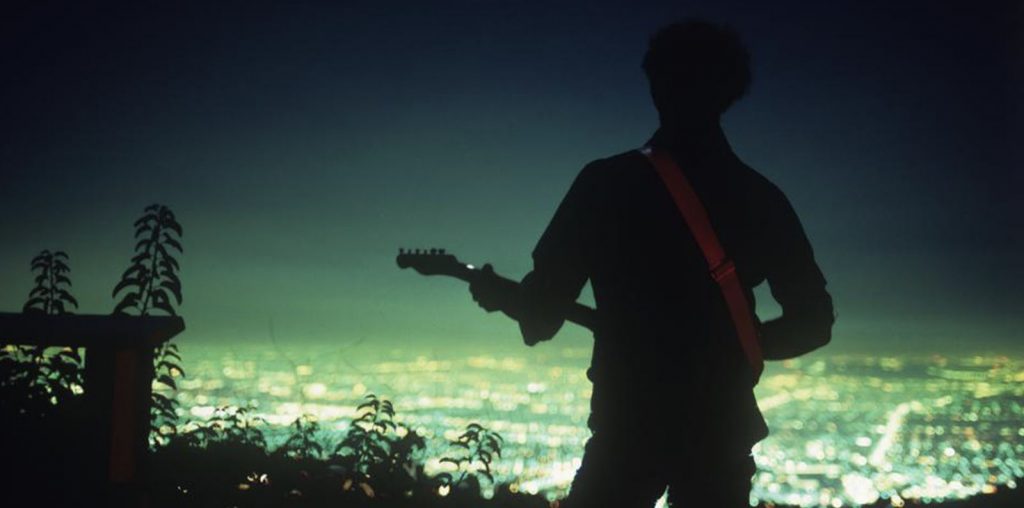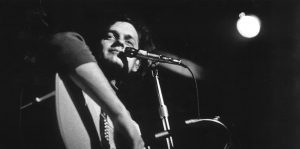
As a troubadour, Harry’s folk roots and his ability to visualize a story through his music—stories so many of us have lived and continued to do so—is personal and universal, all at the same time. All of this and more are shown through Korn’s use of audio recordings of Harry, which his wife Sandy carefully preserved. Harry received multiple Grammy nominations and was a recipient of the Grammys’ president’s Merit Award. He was a Peabody award winner, an Emmy Award nominee, an Academy Award nominee, and the author of two poetry books. The American Society of Composers, Authors, and Publishers (ASCAP) named its Humanitarian Award after him, as did the Music Business Association and the Long Island Music Hall of Fame. Harry remains one of very few songwriters to receive the Congressional Gold Medal.
The film indoctrinates his Grammy Award-winning song, Cats in the Cradle, as one of the most celebrated ballads of all time. Korn presents a hefty list of musicians, performers, and songwriters across all music genres who deem it so. The song, originally written by Sandy, became a verb and a shorthand in the American vernacular. Korn entertains Cats in the Cradle‘s vast reach in a montage of clips from The Simpsons to a more recent mention by Governor Cuomo during a COVID-19 briefing.
Selling over 16 million albums, Harry’s legendary hits include Cats in the Cradle, Taxi, and Circle, and he penned many more. Artists and activists loved him equally, and the musician made deep connections to people who believed in his mission to end world hunger. Through numerous interviews, Korn presents how Harry’s relationship with his brothers was long-lasting, and how Harry inspired Billy Joel, who opened for him at the beginning of his career, and, in addition, how he befriended Pat Benatar. Harry also negotiated the highest record deal at the time, with Elektra Records. Founder, Jac Holzman, describes the intense bidding war with Clive Davis and Columbia Records to sign Harry. Holzman was deeply touched by Harry’s music and, like so many people Korn featured in Harry Chapin: When In Doubt, Do Something, could barely hold the tears back reminiscing and recollecting the moments of working with him.
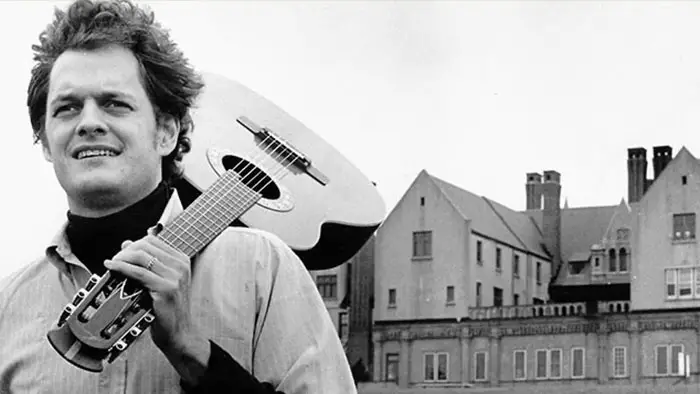
“…personal and universal, all at the same time.”
Harry Chapin’s journey to achieve his desired status is a fascinating depiction of an American artist, one that Korn enables with great thought. The director lines up an incredible array of photographs, film footage, and appearances by Bruce Springsteen, Billy Joel, Pete Seeger, Sir Bob Geldof, Kenny Rogers, Graham Nash, Pat Benatar, Darryl DMC McDaniels, Robert Lamm, Richie Havens, and Harry Belafonte. Acclaimed documentarian, Richard Leacock, Harry’s uncle, undoubtedly gave Korn treasured footage and inspired Harry in documentary filmmaking, as he received an Academy Award nomination in 1968 for Best Documentary Feature for The Legendary Champions. Korn’s ability to create a tribute and biography of Harry Chapin with the insurmountable amount of authentic materials at his disposal portray Harry’s life as a father, musician, activist, and legendary artist in the same vein as a Harry Chapin song.
In these pandemic times, never has Harry Chapin’s work been so important. Harry Chapin: When In Doubt, Do Something premiered on World Food Day, which should be a reminder to everyone to never give up on something you believe in. As Harry said, “We all have the potential to move the world. And the world is ready to be moved!” His words continue to live on.
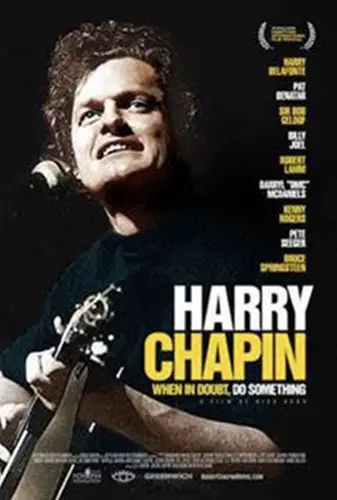
"…never has Harry Chapin's work been so important."
